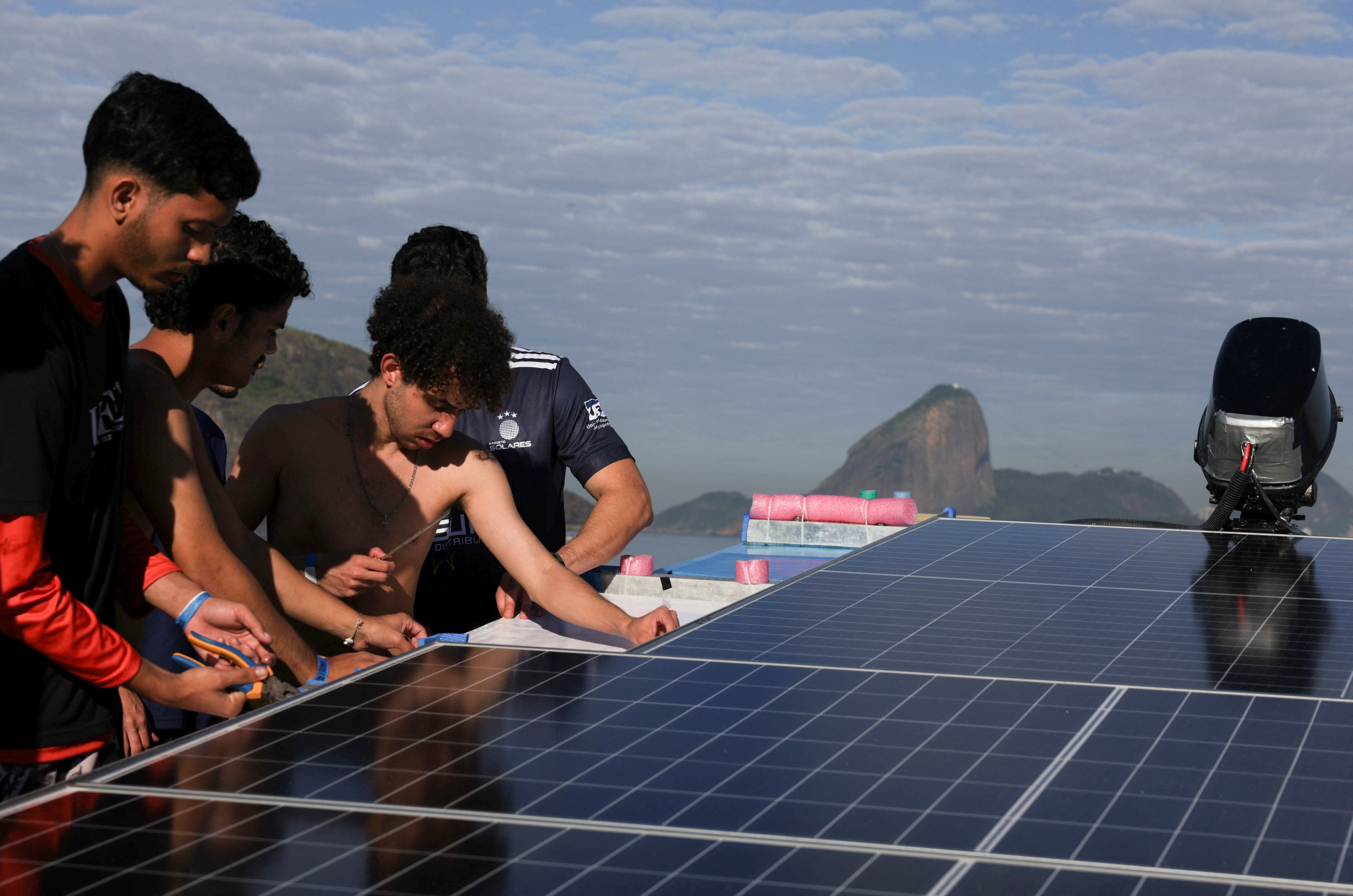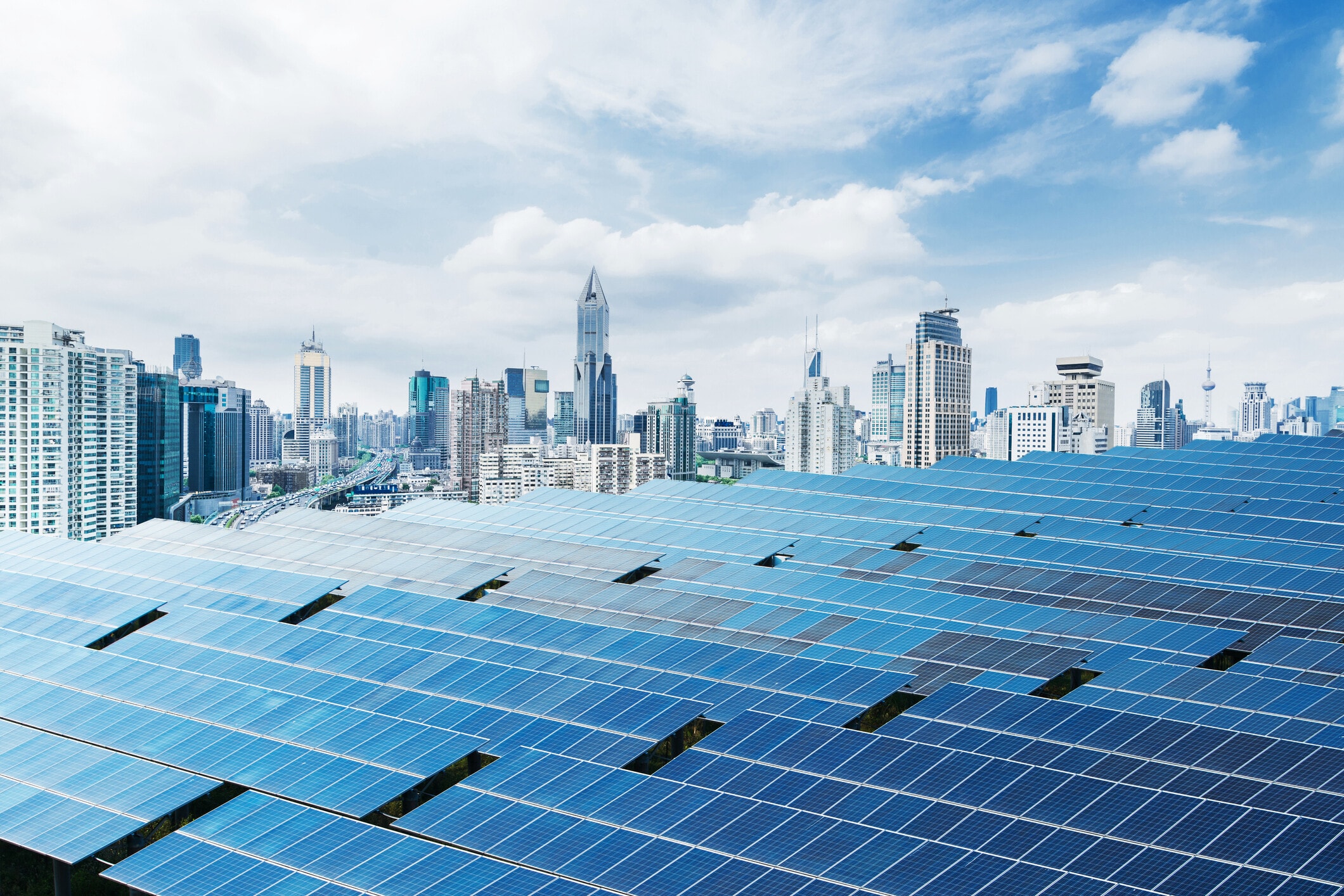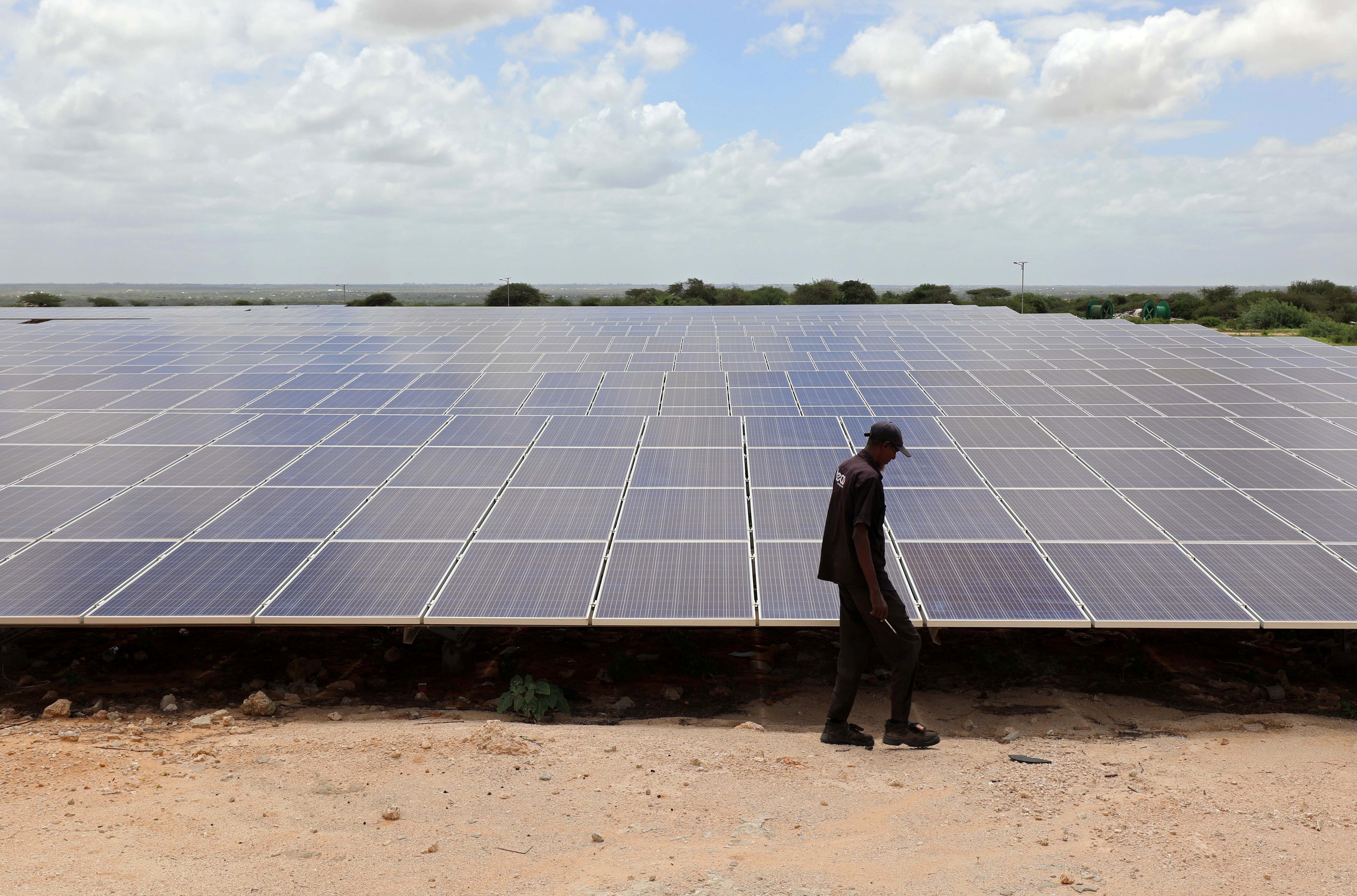Here's how nuclear energy production has changed since 1965

Many nuclear energy programmes around the world are due for shut down, but this could be subject to change, current data suggests.
Image: Unsplash/Lukáš Lehotský
Stay up to date:
Nuclear Security
- The global energy crisis has renewed interest around the world in alternative energy sources such as nuclear, according to Statista.
- Some small steps towards a nuclear extension are happening in some countries, even those known for opposition to nuclear energy, it says.
- But they are facing roadblocks, including concern over the age of certain reactors still in operation.
- In 2021, the technology produced less than 10% of global electricity, down from a high of 17.4% in 1995 and 1996.
The global energy crisis brought about by Russia's invasion of Ukraine has increased interest in alternative energy sources, including nuclear, around the world. The age of nuclear infrastructure, the fact that the technology had entered a phase-out mode in many nations and the continued resistance to new nuclear projects complicates a quick u-turn for many nuclear programs, however.
As seen in data by the World Nuclear Industry Status Report, most nuclear energy programs were started in the 1970s, a fact that reflects in the age of nuclear reactors today. Despite some nuclear programs having ended (and many more scheduled for phase-out), the number of nuclear programs in the world has plateaued for many decades as some nations still take up the technology, most recently the United Arab Emirates and Belarus in 2020. Poland at the end of October announced that it is looking to start using nuclear energy in 2033. Around that time, six other nuclear programs - among them the ones in Belgium, Germany, Switzerland and Spain - will be scheduled to have shut down, even though this could now be subject to change. Balancing out a dip in nuclear programs could be Italy, which is discussing taking up the technology again under its new right-wing government despite abandoning and even outlawing it after the 1986 Chernobyl disaster. More u-turns are possible in Sweden and the Netherlands.
Some small steps towards nuclear extension are happening in countries known for die-hard opposition to nuclear energy, but they are facing the expected roadblocks. Germany recently extended the ability to use its remaining three reactors until April 2023 among a lively public debate. Originally, the country had planned to shut off all reactors by the end of this year. In Japan, which reduced the number of operating reactors significantly since the Fukushima disaster in 2011, some reactors are approaching 60 years of age - the former lifespan cap that the country might now do away with due to the current circumstances. In Belgium, where mean reactor age is above 40 years, a petition to postpone the September shut-off of one reactor failed, while the government extended the end-of-life of three others from 2023 to 2025 after the invasion of Ukraine and might even run some until 2035.
Despite the plateau in nuclear energy programs, the relative importance of the technology has still decreased as the capacity of other energy types outgrew nuclear. In 2021, the technology produced less than 10 percent of global electricity, down from a high of 17.4 percent in 1995 and 1996. Looking at all of the world's energy needs, not just electricity, nuclear contributed just 4.3 percent.

How is the World Economic Forum facilitating the transition to clean energy?
Accept our marketing cookies to access this content.
These cookies are currently disabled in your browser.
Don't miss any update on this topic
Create a free account and access your personalized content collection with our latest publications and analyses.
License and Republishing
World Economic Forum articles may be republished in accordance with the Creative Commons Attribution-NonCommercial-NoDerivatives 4.0 International Public License, and in accordance with our Terms of Use.
The views expressed in this article are those of the author alone and not the World Economic Forum.
Forum Stories newsletter
Bringing you weekly curated insights and analysis on the global issues that matter.
More on Energy TransitionSee all
Eneida Licaj and Genevieve Sherman
September 10, 2025
Thomas Kiessling
September 10, 2025
Rosa Kariger
September 8, 2025
Maciej Kolaczkowski
September 8, 2025
Mohamed Okash
September 5, 2025
Volker Sick
September 4, 2025






